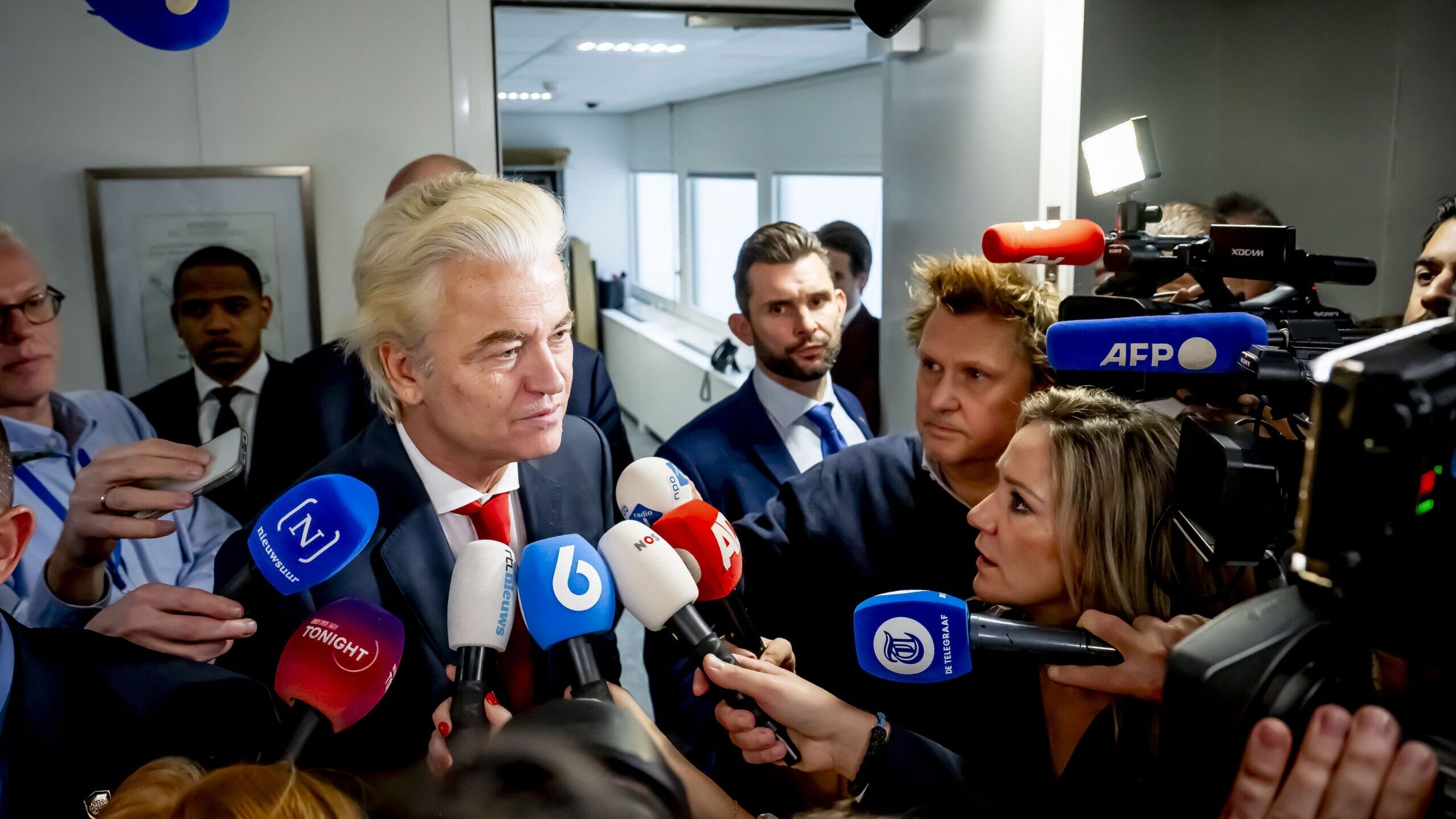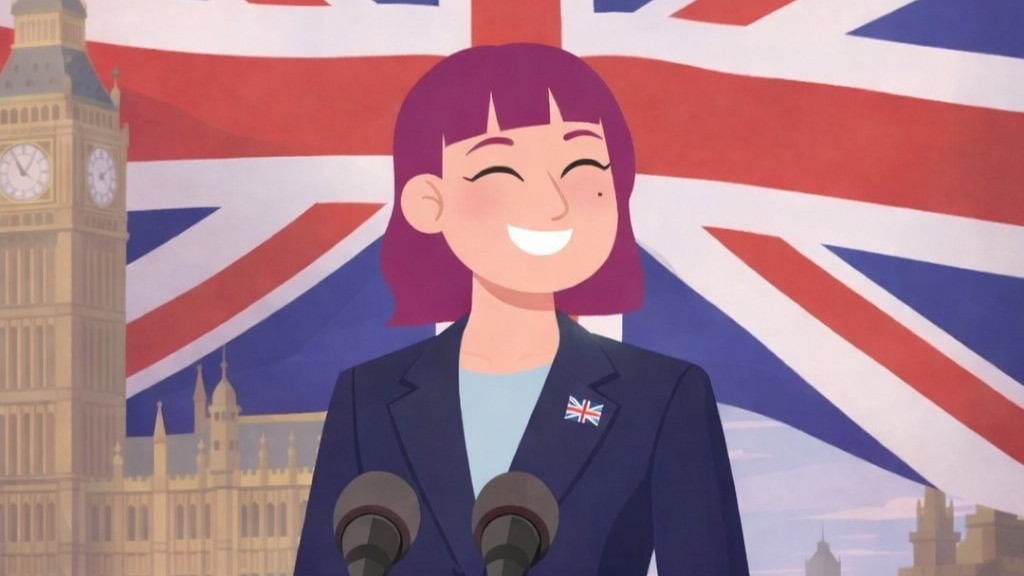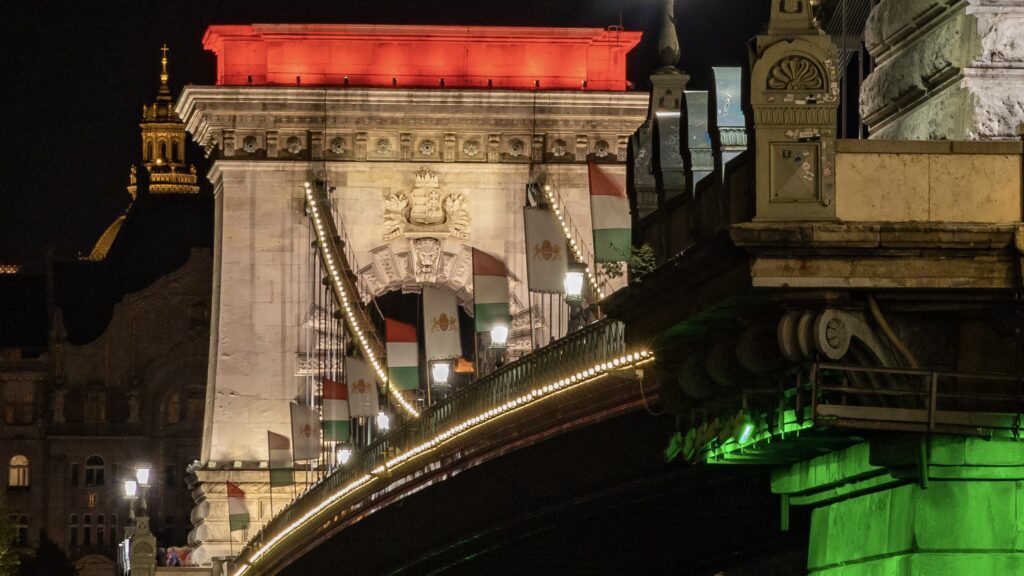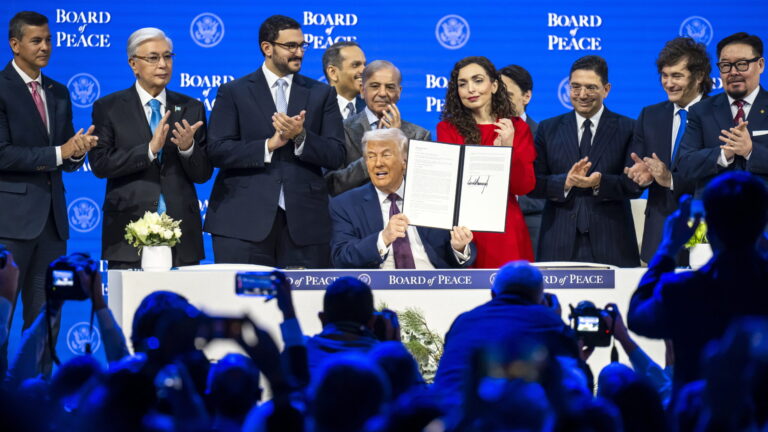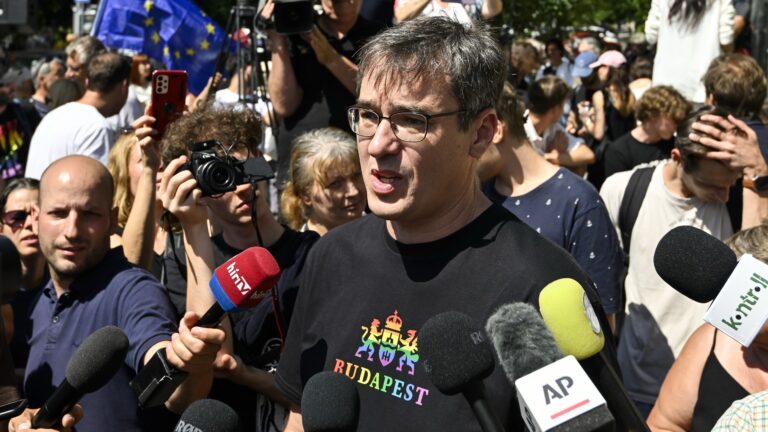Liberal-centrist D66 might have narrowly won the highly contested parliamentary elections in the Netherlands, securing 16.9 per cent of the vote with more than 99 per cent counted. Geert Wilders’ Freedom Party (PVV) finished second by only 0.2 percentage point, at 16.7, losing significant support compared to the 2023 election, when PVV became the largest party with 23.5 per cent.
Voter turnout remained high, roughly 78 per cent, nearly identical to 2023. Both PVV and D66 received about 1.7 million votes in the country of 16.6 million, according to Dutch News, meaning each would secure 26 seats in the 150-member Tweede Kamer. That represents a major setback for PVV, which won 37 mandates in 2023. With 16.9 per cent, D66 could become the first election winner in Dutch history with such a low share of the vote.
Europe Elects on X (formerly Twitter): “Netherlands, national parliament election:With 99.7% of the non-postal vote counted, liberal D66 (RE) leads as largest party with 16.9% and roughly 15,000 votes more than right-wing PVV (PfE).This is the first time ever D66 wins a plurality of the vote. However, never before… pic.twitter.com/jHOljvLdga / X”
Netherlands, national parliament election:With 99.7% of the non-postal vote counted, liberal D66 (RE) leads as largest party with 16.9% and roughly 15,000 votes more than right-wing PVV (PfE).This is the first time ever D66 wins a plurality of the vote. However, never before… pic.twitter.com/jHOljvLdga
The liberal People’s Party for Freedom and Democracy (VVD) is projected to finish third with 22 seats, while Frans Timmermans’ GroenLinks–PvdA (Green–Left–Labour alliance) is expected to win 20 mandates, falling short of expectations. Timmermans resigned following the results. The Christian Democratic Appeal (CDA) finished fifth with 18 seats.
‘The PVV wants to take the lead in coalition talks if we become the largest party,’ Geert Wilders wrote on X on Thursday morning. He stressed that as long as no official results are confirmed, his party will not allow D66 to begin coalition talks. ‘We will do everything to prevent this,’ he concluded.
Geert Wilders on X (formerly Twitter): “De PVV wil het voortouw bij de formatie als we de grootste zouden worden. Zolang daar geen 100% helderheid over is kan er geen verkenner van D66 aan de slag. We zullen alles doen om dit te voorkomen. #PVVOP1 / X”
De PVV wil het voortouw bij de formatie als we de grootste zouden worden. Zolang daar geen 100% helderheid over is kan er geen verkenner van D66 aan de slag. We zullen alles doen om dit te voorkomen. #PVVOP1
Parliamentary Chairman Martin Bosma, a PVV MP, said on Thursday he would not start the coalition process until the final result is confirmed. That figure, including an estimated 90,000 expat votes, will not be known until Monday evening. Given the high degree of fragmentation in parliament, analysts expect months-long negotiations to form a governing coalition. The first step will be to appoint a verkenner (scout), whose task is to canvass all 15 parties on who should form the government and whether they are willing to join it.
Analysts anticipate the formation of a broad ‘middle coalition’ led by D66 and potentially joined by VVD, CDA, and GroenLinks–PvdA. Another possible outcome is a moderate, right-leaning coalition with D66, VVD, and CDA. Most major parties have already ruled out cooperation with PVV, leaving Wilders’ chances of forming a government extremely slim.
The previous government—comprising PVV, VVD, the centre-right New Social Contract (NSC), and the farmers’ party (BBB)—collapsed in June after coalition partners rejected Wilders’ ten-point plan to address the crisis of uncontrolled mass migration. PVV demanded sweeping reforms, including a halt to asylum applications and large-scale repatriation. When partners refused, PVV withdrew its ministers, costing the coalition its majority and dropping it below the 76-seat threshold required in the 150-seat House of Representatives. Prime Minister Schoof subsequently submitted his cabinet’s resignation, leaving the government in a caretaker capacity until the election.
‘Both the housing crisis and the rising costs of the welfare system are significantly driven by continuing illegal and mass migration’
That significantly damaged the reputation of the party: according to an Ipsos poll conducted in June, 61 per cent blamed Wilders and PVV for the collapse of the government, with 60 per cent agreeing that Wilders put his own interests above those of the country. Another reason behind the loss in popularity analysts mention is the change in top priorities of the campaign: from migration to housing and rising health-care costs. Housing was also among top issues in 2023, and the PVV-led government had an amibitious program to tackle the crisis, promising to build 100,000 house per year, allocating €1 billion per year for five years for housing construction. However, due to bureaucratical, enviromental and legal issues, the process slowed down and fell short.
Meanwhile, D66 has successfully stolen PVV’s platform on migration as well. In 2022, the party took a liberal stance on the issue, arguing that the Netherlands risked falling into a ‘Brexit trap’ by being too restrictive, and advocated relaxing rules for asylum seekers so they could work sooner and contribute to the labour market. Now, just three years later, the party claims that the Dutch asylum system is broken. Party leader Rob Jetten has stated that asylum applications submitted directly at the Dutch border should no longer be admissible and has called for adopting a ‘Canadian model’, whereby refugees apply from outside Europe’s borders. It is far from the radical reform Wilders proposes, but seemingly strict enough to attract voters unsympathetic to Wilders’ harsh personality and confrontational style.
We could call D66’s shift opportunism—or even populism—and expect a similar U-turn on migration in government to that performed by the Christian Democratic Union (CDU) and Friedrich Merz in Germany. Even if D66 genuinely wanted to tighten migration policy, which seems doubtful at best, their potential coalition partners in the Green-Left alliance would never allow it. Both the housing crisis and the rising costs of the welfare system are significantly driven by continuing illegal and mass migration: it increases demand for affordable housing, pushes up rental and purchase prices, lengthens waiting lists, and intensifies competition for lower- and middle-income households. At the same time, migrants’ use of the healthcare system—often under more favourable conditions and with greater state support than native citizens—further inflates costs. And so, the circle closes.
PVV’s setback is a step back for the European right as well. In November 2023 Geert Wilders’ party stood at the forefront of a continental rise of patriotic movements. With Andrej Babiš’s ANO returning to power in Czechia, right-wing parties now lead polls in Germany, France, Italy, Austria, and the United Kingdom. Yet the Netherlands’ example shows that getting into government may have been the easier part of the task. Bringing about real change is the harder one, even with a popular mandate.
Wilders was elected to pursue drastic reforms on mass migration and its strain on Dutch society and welfare system, yet in such a fragile political ecosystem, transformative change proved elusive as mainstream and progressive forces, including their media, mounted an effective pushback.
Related articles:

